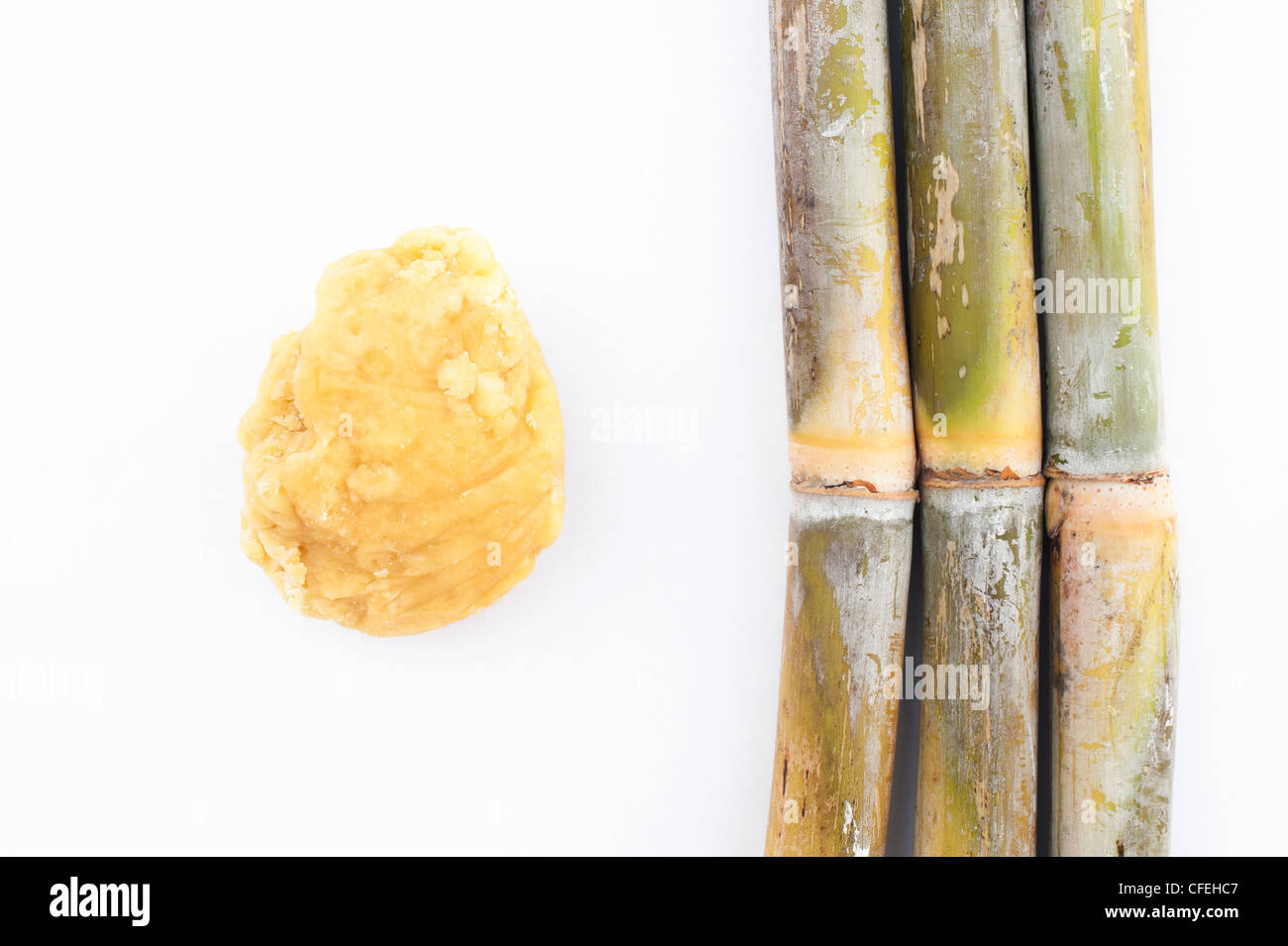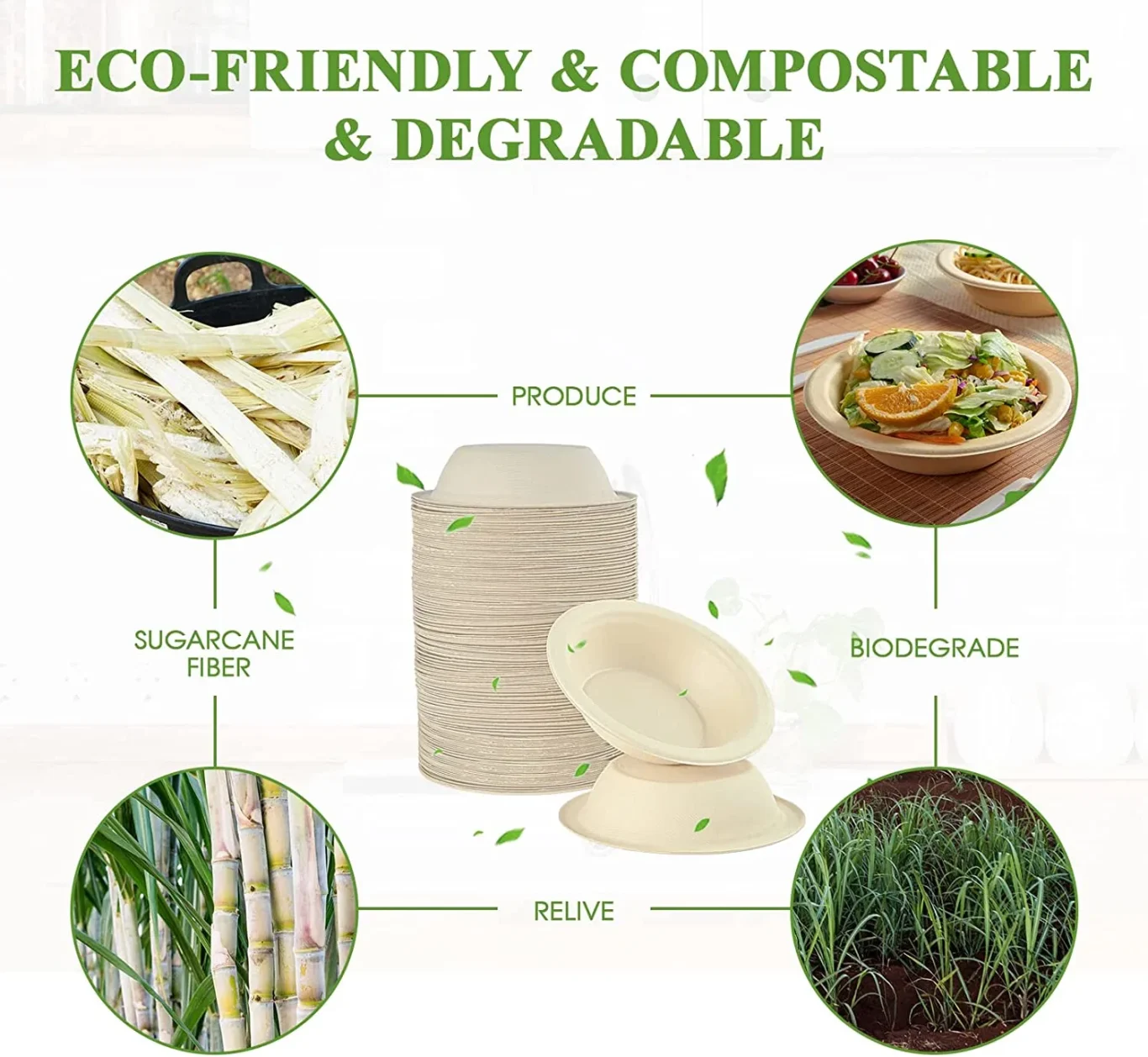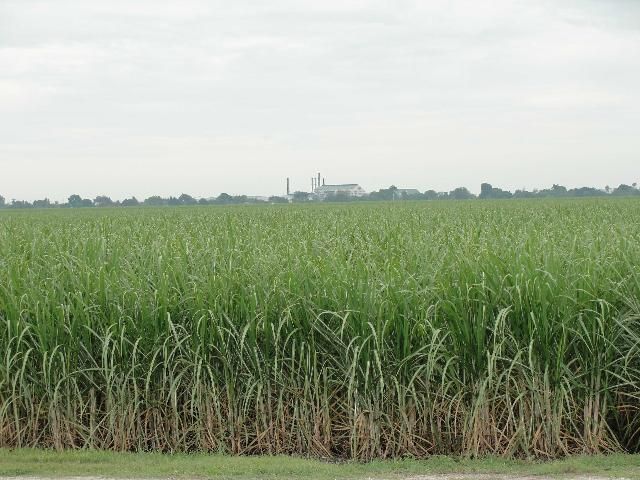Lasting Sugarcane Products: From Sweeteners to Eco-Friendly Item
The potential of sustainable sugarcane products expands beyond traditional sweeteners to incorporate an array of environmentally friendly items, presenting an engaging situation for their assimilation right into modern consumer practices. As the world grapples with pressing environmental issues, sugarcane emerges as a functional source capable of attending to both dietary needs and sustainability goals.
Introduction of Sugarcane Sustainability
As the need for eco-friendly products grows, understanding sugarcane sustainability comes to be progressively vital. Sugarcane, a flexible plant, is cultivated largely in subtropical and tropical regions, and its sustainability is critical for both ecological health and economic practicality. Sustainable sugarcane farming methods concentrate on reducing eco-friendly impact while making best use of efficiency and earnings.
Key aspects of sugarcane sustainability consist of reliable land usage, decreased chemical input, and enhanced water monitoring. Practices such as plant rotation, integrated insect monitoring, and natural fertilization add to dirt health and biodiversity. Additionally, ingenious modern technologies, such as accuracy farming, aid optimize resource use and decrease waste.
Furthermore, sugarcane is a renewable energy, with byproducts that can be utilized in various industries, from biofuels to naturally degradable plastics, therefore lowering dependence on nonrenewable fuel sources and diminishing carbon footprints. Certifications like the Bonsucro basic motivate sustainable practices across the supply chain, promoting transparency and accountability.

Sugarcane-Based Sugar
Utilizing sugarcane as a primary resource, sugarcane-based sugar have gained prestige as all-natural options to synthetic sweeteners and polished sugars (sugarcane product). These sugar, derived from the removal and handling of sugarcane juice, provide a range of items that cater to varied customer preferences, including natural and minimally processed alternatives
Raw walking cane sugar keeps more of the all-natural tastes and nutrients located in sugarcane, making it a popular choice for health-conscious consumers. Panela, a traditional Latin American sweetener, is created by evaporating sugarcane juice, maintaining its all-natural minerals and vitamins.
The expanding demand for sugarcane-based sugar is driven by raising understanding of wellness and sustainability problems connected with conventional sugar. By picking sugarcane-derived products, consumers not only sustain sustainable agricultural methods yet also add to a healthier way of living, aligning their dietary options with their ecological worths.
Naturally Degradable Product Packaging Solutions
Emerging as a feasible choice to conventional plastics, biodegradable packaging solutions obtained from sugarcane are changing the product packaging sector. These innovative materials offer an eco-friendly choice that attends to the expanding problems over plastic air pollution. Making use of the all-natural sugars found in sugarcane, manufacturers are establishing numerous forms of naturally degradable product packaging, including movies, containers, and wraps that disintegrate much more quickly than conventional plastics.
The primary benefits of sugarcane-based packaging depend on its sustainable sourcing and its capability to break down right into safe results. Unlike fossil fuel-derived plastics, which can continue the environment for hundreds of years, sugarcane packaging typically breaks down within a few months under proper problems. This reduction in waste not only reduces land fill overflow however additionally reduces the carbon impact connected with packaging materials.
Additionally, sugarcane-derived product packaging preserves robust efficiency features, using similar longevity and performance to traditional options. As organizations and customers significantly prioritize sustainability, the adoption of eco-friendly packaging solutions stands for a significant action towards a round economic climate, where materials are recycled and regenerated Go Here instead of thrown out. This shift not just improves brand name picture but additionally adds to a more lasting future for the planet.
Eco-Friendly Textiles and Fabrics
Eco-friendly textiles and this website materials are acquiring grip in the fashion and home items industries as customers increasingly require sustainable choices to conventional products. Among the significant options are textiles stemmed from sugarcane, which offer an ecologically liable alternative to synthetic fibers. These fabrics are generated via a process that uses the renewable energies discovered in sugarcane, substantially decreasing reliance on petroleum-based materials.

As the market for sustainable textiles expands, consumers can look ahead to ingenious layouts that integrate style with ecological responsibility. Ultimately, eco-friendly fabrics and textiles stand for a substantial step toward reducing the style market's environmental footprint while providing to the expanding demand for responsible customer options.
Developments in Sustainable Farming
Reinventing farming methods, check my source technologies in lasting farming are transforming the means crops are grown and taken care of. These improvements focus on decreasing ecological impact while maximizing effectiveness and productivity. Strategies such as accuracy farming utilize data analytics and satellite images to maximize resource use, making certain that water, plant foods, and pesticides are used only where required. This targeted method not just decreases waste but additionally improves plant yields.

In addition, agroecology, which integrates environmental concepts right into farming, promotes biodiversity and soil health and wellness. Practices such as plant rotation, cover cropping, and intercropping foster durable ecological communities that can withstand insects and environment variants - sugarcane product. In addition, the use of organic fertilizers and biopesticides contributes to much healthier dirts and ecological communities

Together, these innovations are not only improving the farming landscape yet additionally contributing to an extra lasting future for sugarcane and other plants, lining up agricultural experiment ecological stewardship.
Verdict
Lasting sugarcane products stand for a significant improvement in eco-friendly choices, covering from all-natural sweeteners to naturally degradable goods. As consumer choices increasingly lean in the direction of sustainable alternatives, the versatility of sugarcane as a sustainable resource ends up being significantly relevant.
The possibility of sustainable sugarcane products expands beyond conventional sugar to encompass a variety of environment-friendly goods, providing an engaging instance for their integration into modern-day customer techniques. Lasting sugarcane farming practices focus on lessening eco-friendly impact while maximizing efficiency and earnings.
Lasting sugarcane items represent a significant improvement in green choices, spanning from natural sweeteners to eco-friendly items. The farming of sugarcane through sustainable practices not only enhances environmental health but likewise adds to financial viability. As consumer preferences increasingly lean towards sustainable options, the convenience of sugarcane as a renewable source comes to be significantly pertinent.